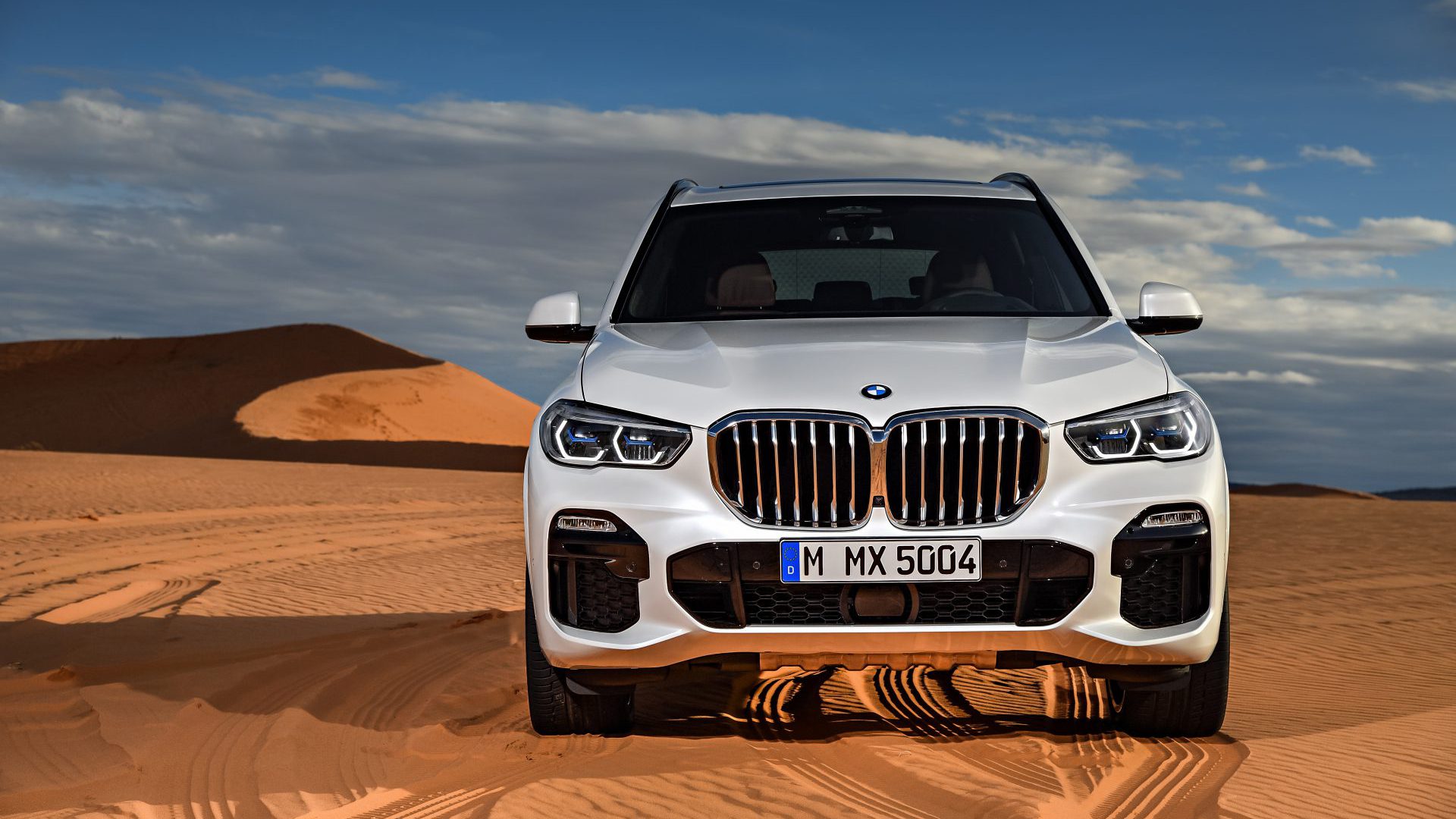

The time has come to pay the piper in this time of trickle down economics and the consumers will be paying the price. BMW confirmed to Reuters that due to retaliation tariffs raising the cost of vehicles around the world, it plans to pass the increase of two U.S. manufactured crossovers onto the consumers of its largest global market, China.
Effective Monday, BMW will issue an expected adjustment to all X5 and X6 crossover SUVs sold in China that will reportedly raise the price of the each unit somewhere between four and seven percent. Thankfully for consumers, the two SUVs are already high-margin items for the luxury German automaker, something which enables it, in part, to absorb part of the tariff increase and stay competitive in the cut-throat industry of luxury SUV sales.
“X5 and X6 MSRP in China will increase from between 4 percent to 7 percent depending on the variant,” a BMW spokesperson confirmed to The Drive via email. “This takes effect Monday, July 30th in China.”
A total of 32 percent of all BMWs manufactured in the U.S. are exported to China, making it the largest volume export recipient in the world for the automaker. Earlier this year, China decreased tariffs for imported vehicles from 25 percent to 15 percent. What was taken as a celebration of economic progress was quickly reversed as the U.S. slapped protectionism tariffs onto specific goods imported into the country, resulting in a retaliation tariff being put in place by China. Vehicles imported from the U.S. to China are now subject to a record breaking 40 percent duty fee, making it nearly 15 percent more expensive to import a vehicle today than it was at the beginning of 2018.
BMW has already diverted the manufacturing of its most popular SUV from its Spartanburg, South Carolina plant and arranged for future production to be split between assembly facilities located in China and South Africa. Though BMW denies that the shift of production for the X3 was related to the tariffs, it is important to note that the move will certainly save a large number of consumers outside of the U.S. from a sharp increase in price, as the top-selling crossover would not be subject to retaliation tariffs due to the new manufacturing locations. BMW told The Drive earlier this month that it has no plans of shifting production away from its Spartanburg plant.